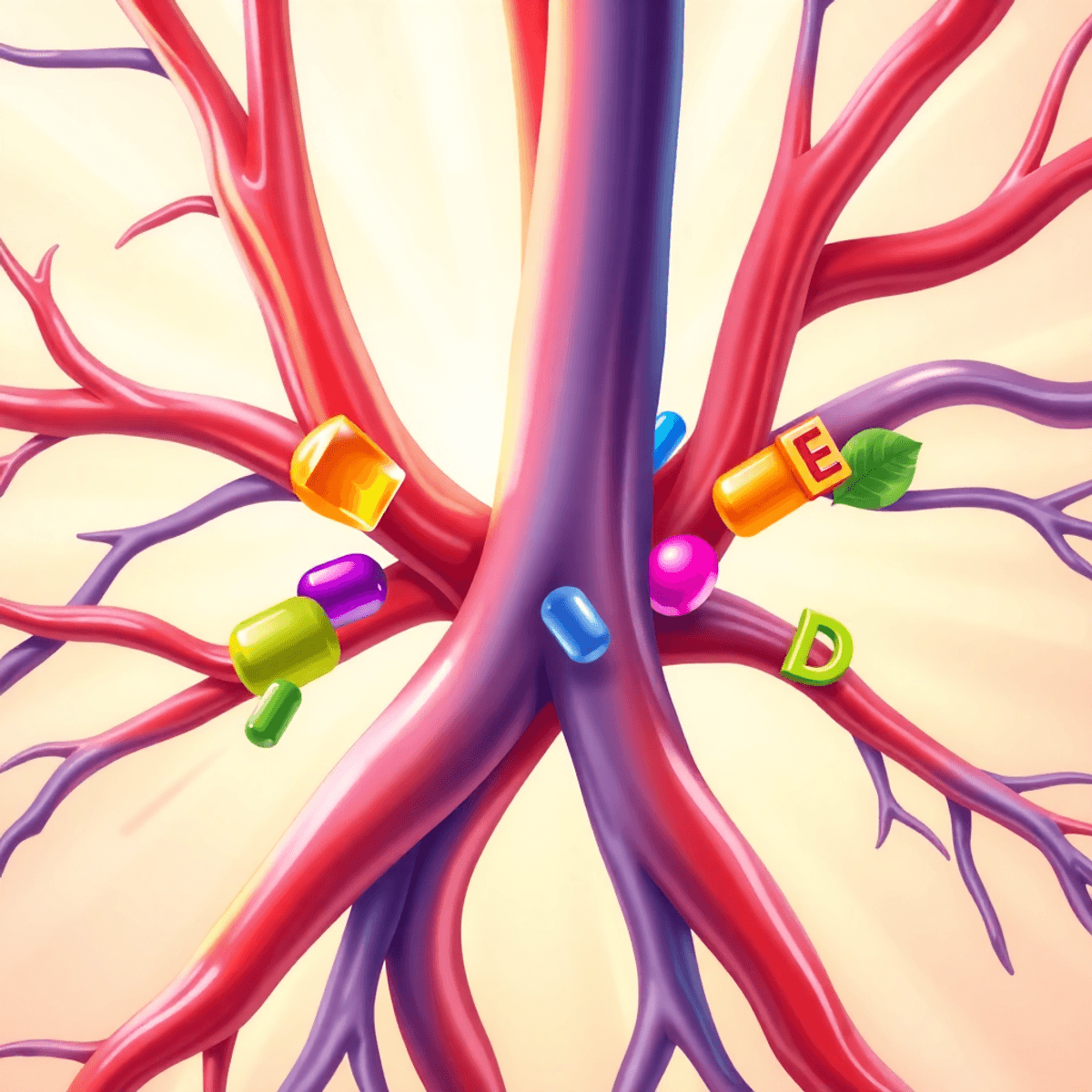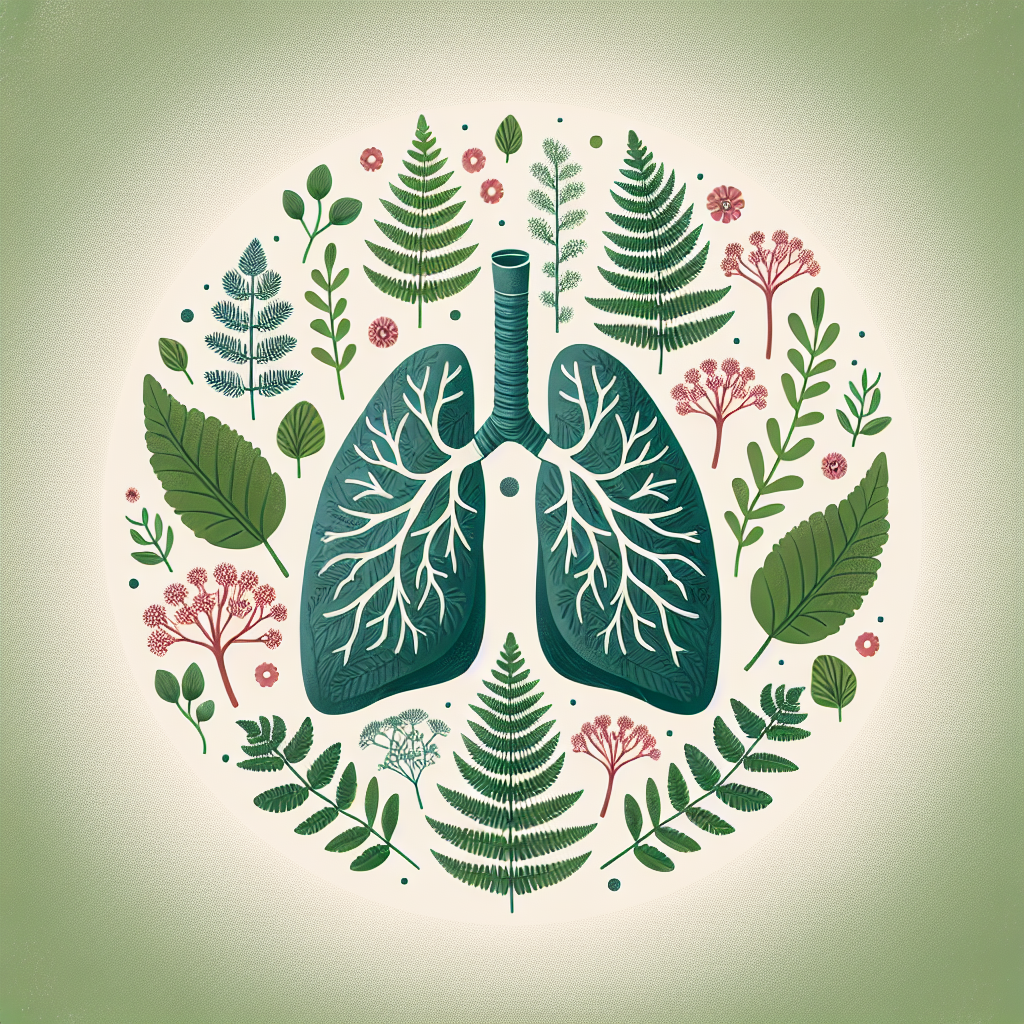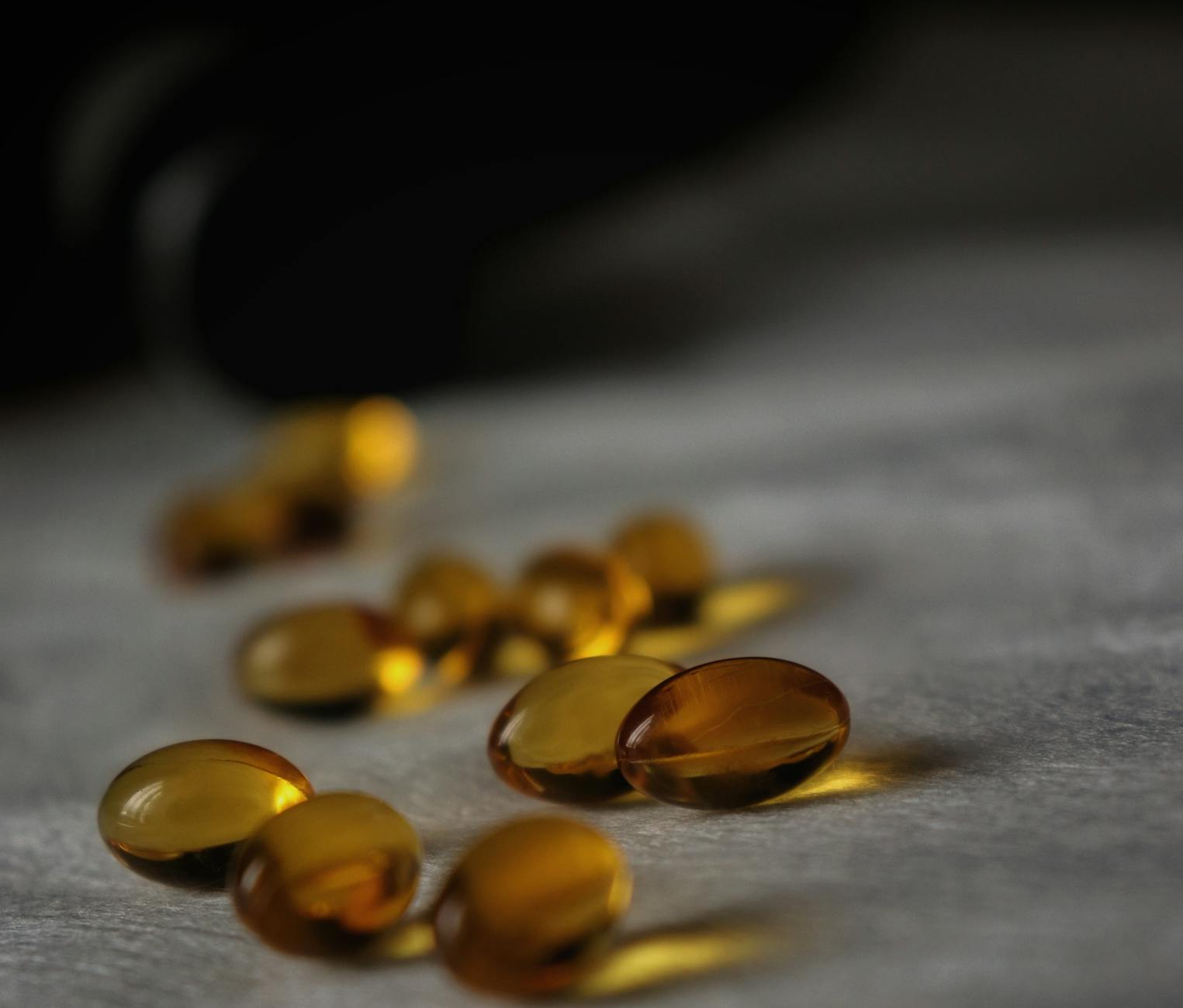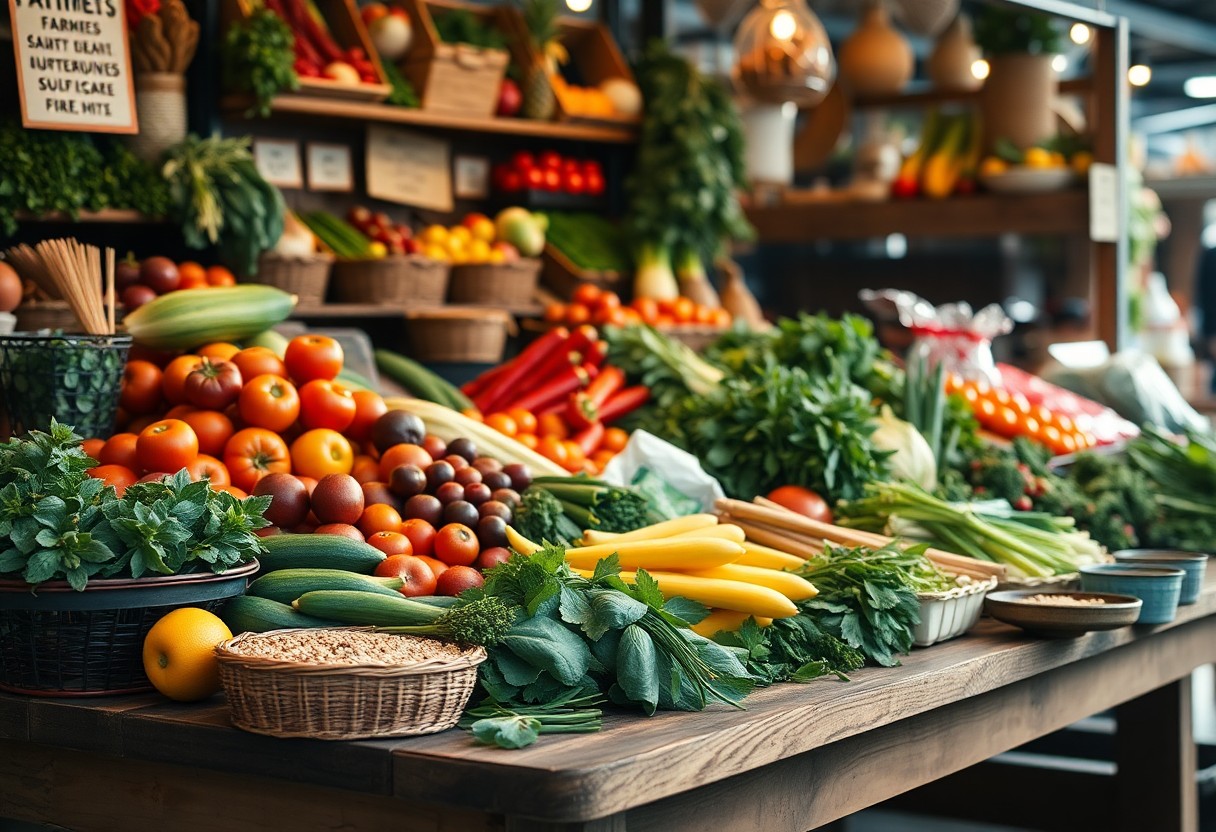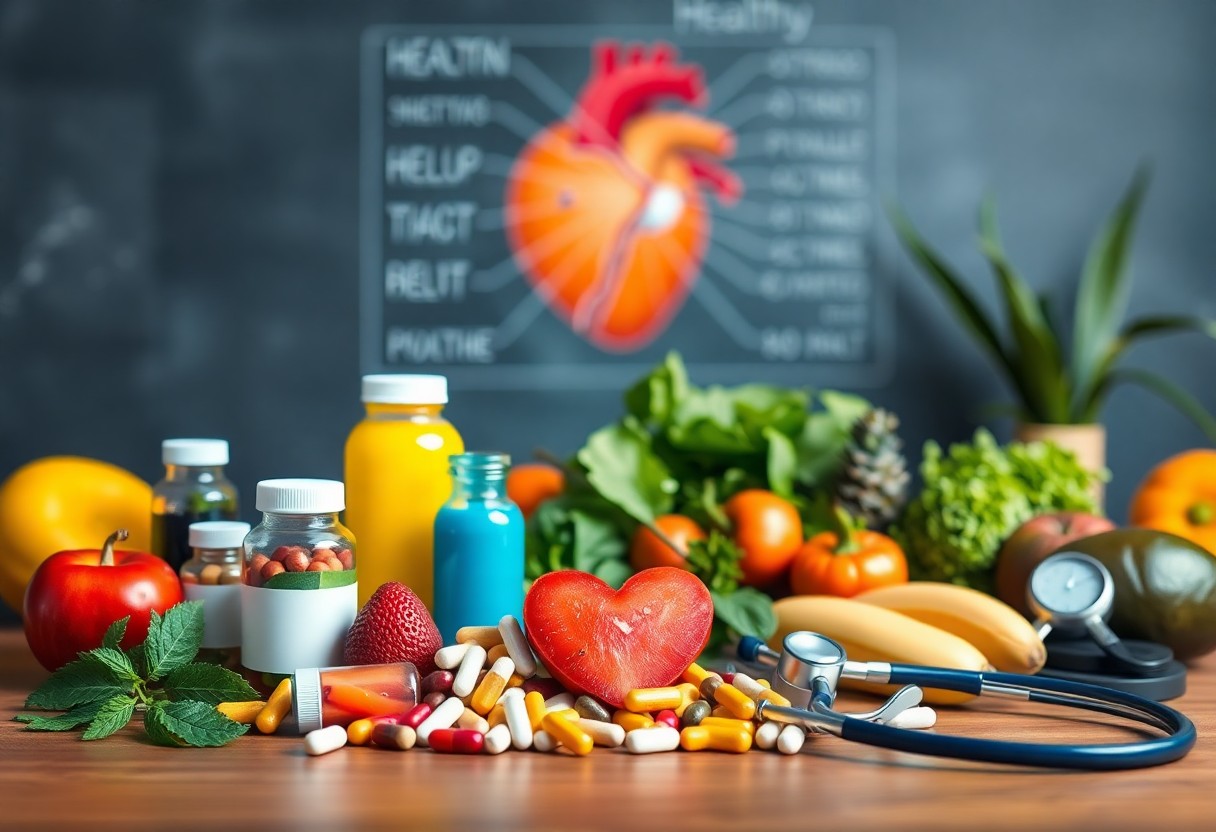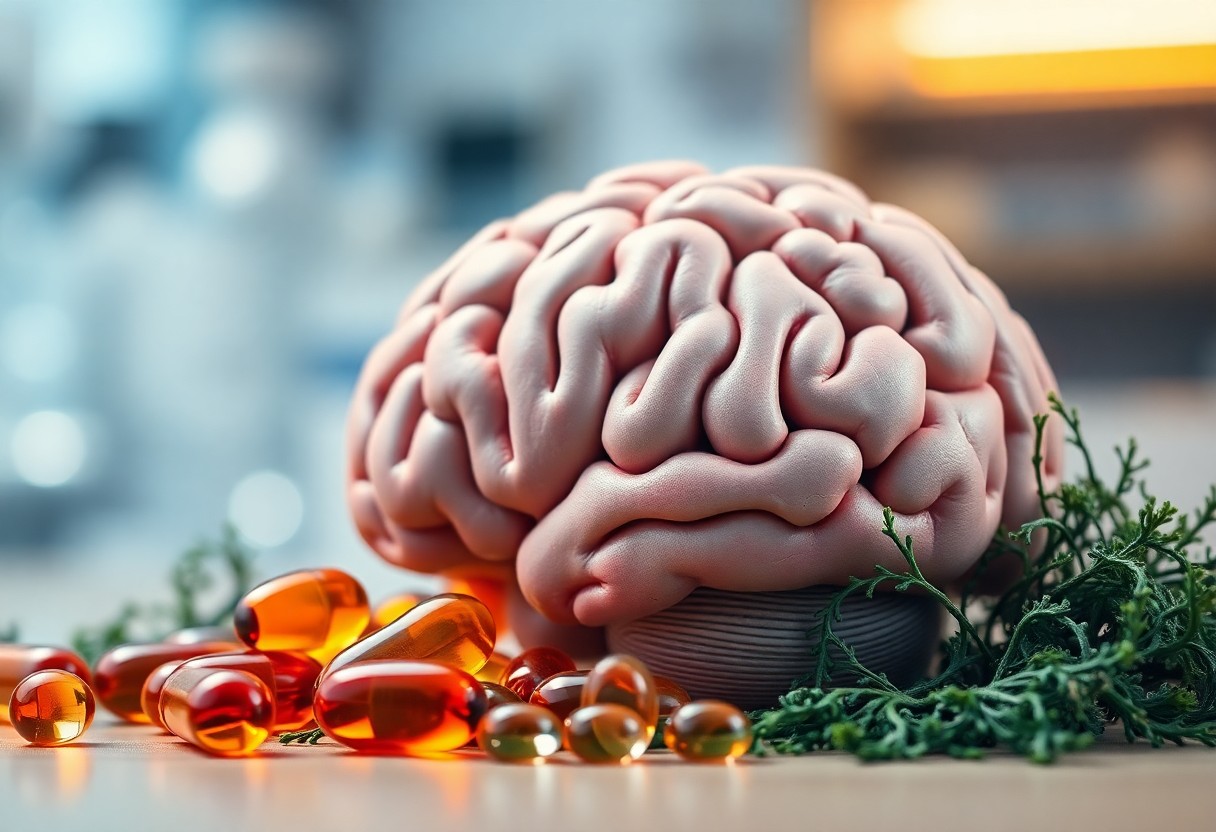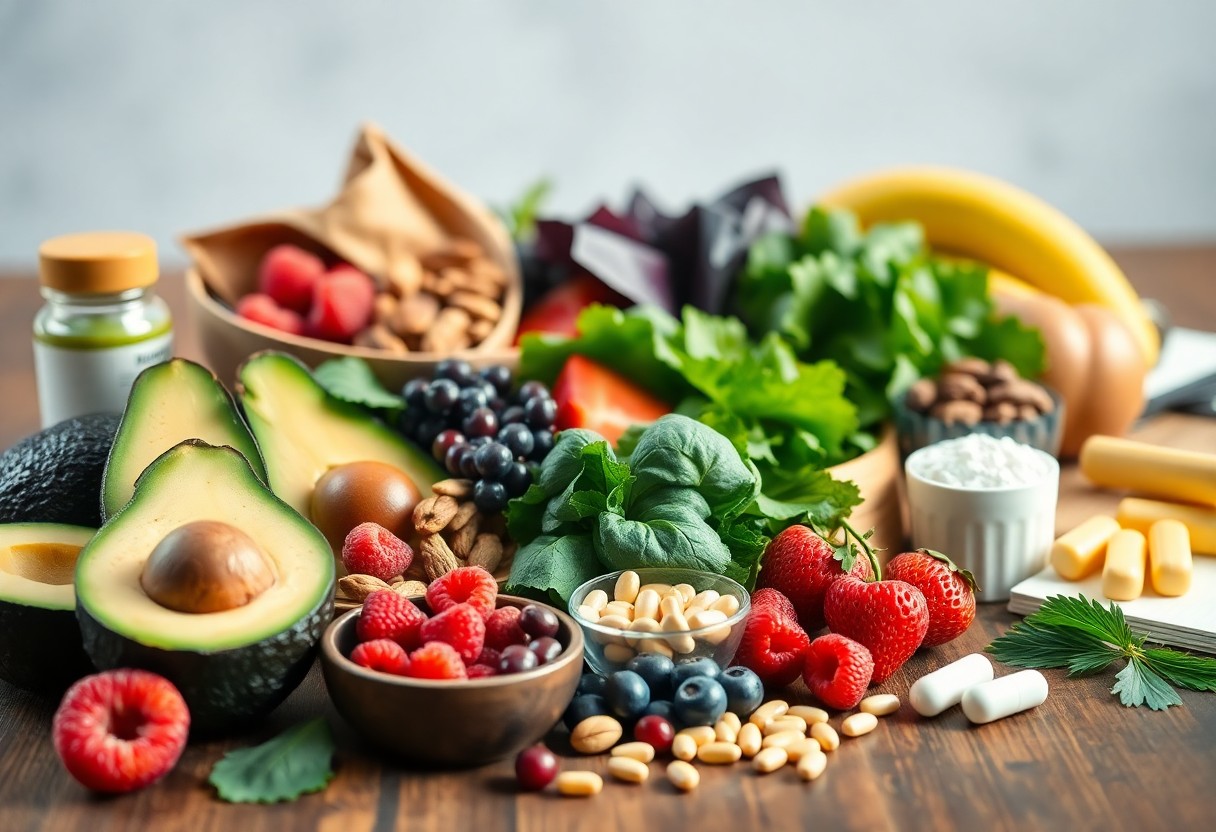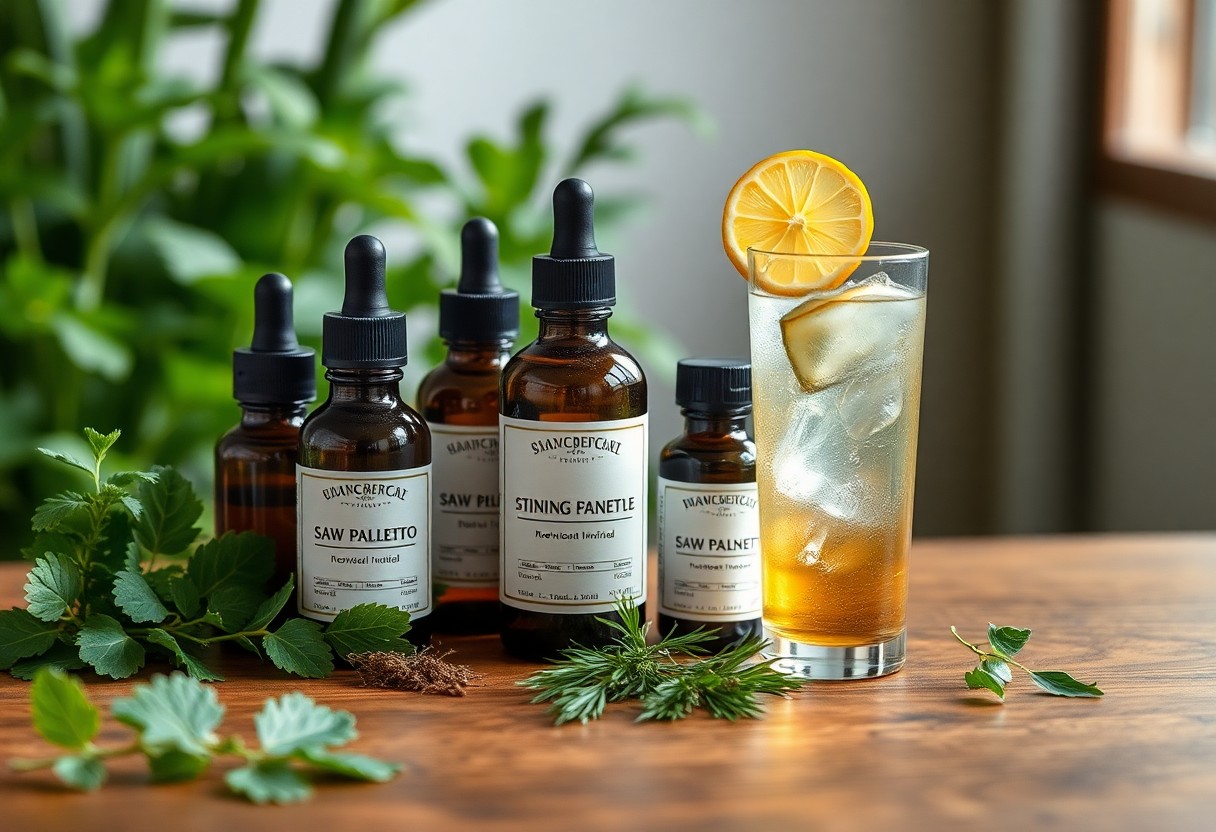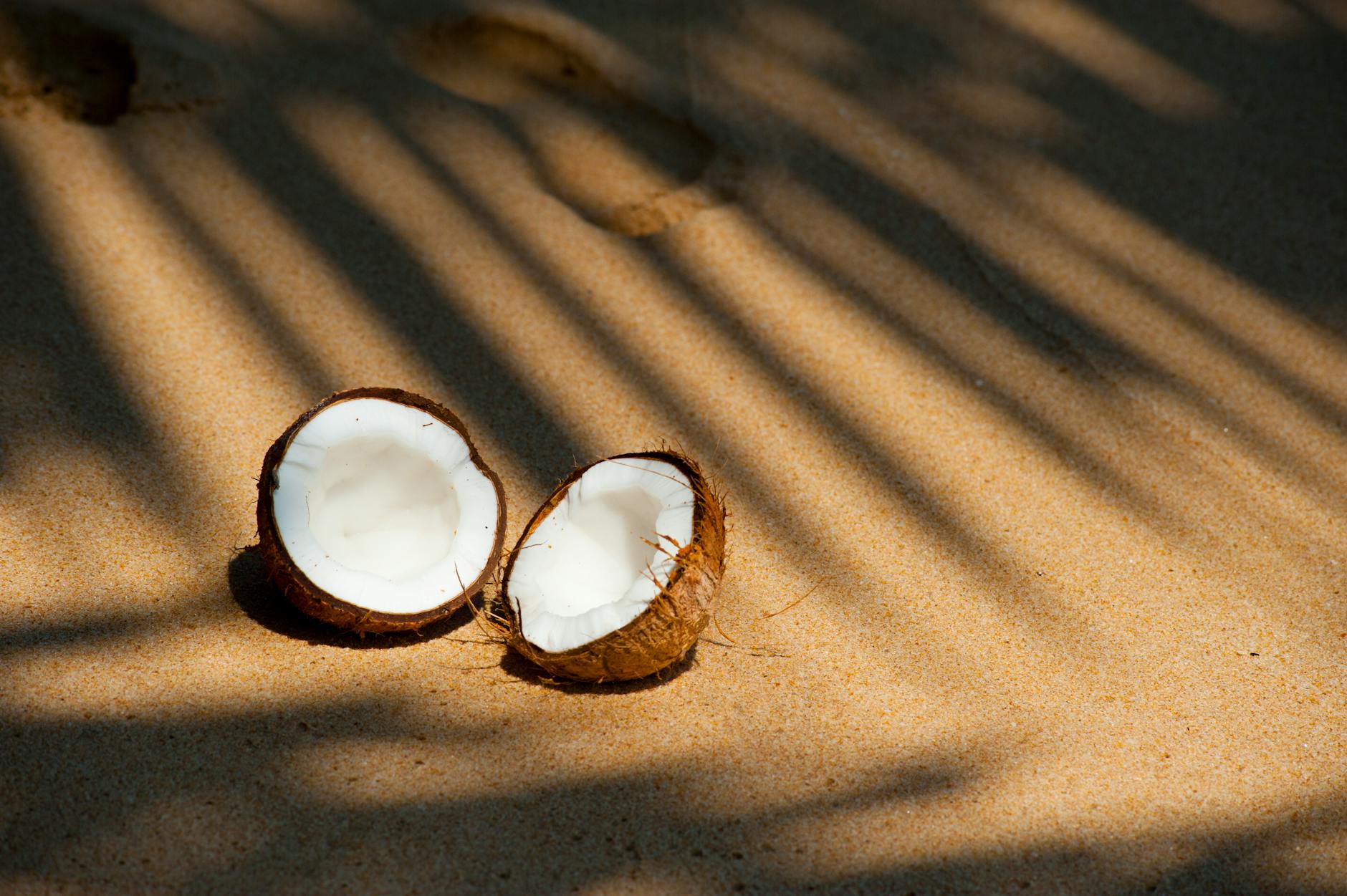Understanding vein health is essential for maintaining a well-functioning circulatory system. Veins play a critical role in transporting blood back to the heart, a process crucial for overall vitality and health. When vein health is compromised, issues such as varicose veins or even more severe conditions like deep vein thrombosis can arise, affecting quality of life.
Vitamins are fundamental in preserving and improving vein health. They support various bodily functions that keep veins strong and resilient. Vitamins enhance circulation, strengthen vein walls, and prevent damage from free radicals, making them indispensable for anyone looking to boost their vascular well-being.
This article will explore the best vitamins for vein health, including:
- Vitamin C: Vital for collagen production and antioxidant protection.
- Vitamin E: Enhances circulation and prevents cell damage.
- B Vitamins: Regulate homocysteine levels to reduce clot risk.
- Vitamin K: Supports blood clotting and capillary integrity.
- Vitamin D: Promotes vascular elasticity and smooth blood flow.
Dive into the details of these essential nutrients and learn how they can fortify your vein health.
Understanding Vein Health
Veins are an important part of the circulatory system, responsible for carrying deoxygenated blood back to the heart. These blood vessels work against gravity, using a series of one-way valves to stop blood from flowing backward and ensure smooth circulation. When healthy veins work properly, they keep blood flowing well and prevent problems.
Common Issues Affecting Vein Function
There are several issues that can disrupt how veins function:
- Varicose veins: These are enlarged and twisted veins that often happen when the valves in the veins become weak or damaged. This leads to poor blood flow and increased pressure in the veins.
- Deep vein thrombosis (DVT): This condition occurs when blood clots form in deep veins, which can be very serious if not treated.
The Role of Diet in Maintaining Vein Health
What you eat is crucial for keeping your veins healthy. A diet rich in nutrients can help support the structure and function of your veins. Certain vitamins and minerals are known to strengthen blood vessel walls, improve circulation, and reduce inflammation—all of which are beneficial for preventing varicose veins and DVT.
Understanding these factors about vein health is essential before we delve into how specific vitamins can further boost your circulatory system’s efficiency and resilience.
Essential Vitamins for Vein Health
Vitamin C: The Collagen Builder
Vitamin C plays a crucial role in collagen production, a protein that is essential for maintaining the structural integrity of your veins. Strong vein walls are crucial for preventing issues such as varicose veins and promoting overall blood vessel health. Additionally, Vitamin C acts as a powerful antioxidant, protecting veins from oxidative stress and free radical damage. This vitamin helps reduce inflammation, further supporting healthy circulation.
Sources of Vitamin C:
- Citrus fruits like oranges and lemons
- Berries such as strawberries and raspberries
- Vegetables like broccoli and bell peppers
- Potatoes
Incorporating these foods into your diet can ensure you receive an adequate amount of Vitamin C, bolstering your vein health through its multifaceted benefits.
Vitamin E: Enhancing Circulation
Vitamin E is known for its ability to improve blood flow and circulation by preventing platelets from sticking together, which can reduce the risk of conditions like varicose veins. Its antioxidant properties also help prevent cellular damage within the blood vessels, contributing to their overall health.
Sources of Vitamin E:
- Spinach
- Almonds
- Sunflower seeds
- Avocados
By including these vitamin-rich foods in your meals, you support circulation improvement and cell protection, enhancing vein function.
B Vitamins: Regulating Homocysteine Levels
The B vitamins—particularly B6, B9 (folate), and B12—are vital for maintaining blood vessel health. These vitamins work collectively to regulate homocysteine levels in your blood. Elevated homocysteine can lead to blood clots, making the regulation process crucial for preventing circulatory issues such as deep vein thrombosis.
Key Sources of B Vitamins:
- Whole grains
- Meats (especially liver)
- Legumes
- Bananas
- Leafy greens
Consuming a variety of these foods ensures you benefit from the homocysteine regulation capabilities of B vitamins, key to sustaining healthy veins.
Vitamin K: Supporting Blood Clotting
Vitamin K is integral to the body’s natural blood clotting processes. It helps maintain capillary integrity, which is essential for preventing excessive bleeding and ensuring optimal circulation. This vitamin’s role in managing varicose veins cannot be overstated.
Foods Rich in Vitamin K:
- Leafy greens like kale and broccoli
- Brussels sprouts
- Fermented foods such as natto
Including these in your diet supports capillary health and reinforces the body’s ability to manage blood clotting effectively.
Vitamin D: Ensuring Vascular Elasticity
Finally, Vitamin D contributes significantly to vascular elasticity. It aids in the contraction and relaxation of veins, promoting smooth blood flow throughout the body. Adequate levels of this vitamin are crucial for maintaining healthy circulation and vein resilience.
Sources of Vitamin D:
- Fatty fish (e.g., salmon)
- Eggs
- Fortified dairy products
Ensuring sufficient intake of Vitamin D-rich foods supports vein health by enhancing vascular elasticity and optimizing blood flow dynamics.
Understanding how each of these essential vitamins functions allows you to tailor your diet strategically. By incorporating a diverse range of nutrient-rich foods into your daily regimen, you can significantly enhance your vein health while minimizing risks associated with poor circulation or venous insufficiencies.
Incorporating These Vitamins Into Your Diet For Better Vein Health
Boosting your vein health starts with embracing the best vitamins for vein health in your daily meals. Here are some easy ways to include these vitamins in your diet:
1. Vitamin C
- Enjoy citrus fruits like oranges and grapefruits
- Add strawberries and broccoli to your salads
2. Vitamin E
- Consider a hearty spinach and avocado salad topped with sunflower seeds
- Snack on almonds, which are a great source of this essential vitamin
3. B Vitamins
- Start your day with a bowl of oatmeal
- Have an omelet with spinach and liver for lunch
- Include legumes like lentils for an excellent plant-based option
4. Vitamin K
- Incorporate leafy greens such as kale, broccoli, and Brussels sprouts into stir-fries or as side dishes to maintain capillary health
5. Vitamin D
- Enjoy fatty fish like salmon for dinner
- Ensure you have eggs for breakfast to get ample Vitamin D and support vascular elasticity
These dietary sources offer practical ways to nourish your veins every day.
Conclusion
Prioritizing nutrient-rich foods is crucial for maintaining healthy veins and promoting good circulation. To support your vein health, make sure to include a variety of dietary sources that provide the following vitamins:
- Vitamin C
- Vitamin E
- B Vitamins
- Vitamin K
- Vitamin D
These vitamins not only strengthen your veins but also improve your overall well-being. By making mindful choices in what you eat every day, you play an active role in keeping your circulatory system healthy.
Remember, a balanced diet that includes these essential nutrients is key to achieving optimal vascular health and function.

Discover more from NatureZen Market
Subscribe to get the latest posts sent to your email.

